Two years ago, I saw Richard Mosse's work The Enclave at the Venice Biennial. The work follows rebel fighters in Congo shot on infra-red film, which turns the greens of the landscapes into a candy-land pink. The horrors of bodies lying on dirt tracks in the jungle is made absurd by the vivid colours of a surreal world, mesmerising the viewer with conflicting emotions of delight and despair. The reality of war is brought to the fore in this work, packaged as a film installation on multiple screens and series of photos for dissemination to arts audiences worldwide. But how does this help the situation in Congo? While the work raises awareness, does this translate into taking action? What is the artist's responsibility when featuring scenes of conflict in his art?
At a time when politicians are making statements devaluing the role of the arts in education, an artist stands for education secretary, and cuts are forcing longstanding organisations working with young people and the arts to close, the potential and power of art to spark change is a topic close to my heart. But if art does have power, whose responsibility is it to use this tool?
Some artists show conflict with a detached or impartial stance, other artists' work hinges upon its activation and is overtly activist. Some works lie in between. Torn between opposing sides of the argument, I contacted artists and asked them to respond to this question:
Does the artist have a responsibility when representing conflict?
Dissatisfied with the lack of outcome, I staged an event to debate the issue. This led me to thinking about the different language we use to talk about politics and art. Politics is argued using logic, based on evidence, statistics, history, fact; we discuss art in a more fluid way – expressive, responding to a moment in time, a feeling or inspiration. How can these two methods of communication engage in dialogue on an even plane?
In my view - the artist does have a responsibility when representing conflict. Though some say that the artist must have total freedom and has no more responsibility than anyone else, my gut feeling tells me that art has considerable power, and power must be utilised for good. Art transcends barriers, alters perceptions, instigates new chains of inquiry. We know art has power as it is used in protest and revolution, whether through banners, propaganda images or documentary photography, it is used to help the other understand our needs. Artists (both official and unofficial) who make such works (whether or not they view it as an artwork or present it in an art context) wield a powerful tool for communicating an experience or view. It's everyone's responsibility to use the tools at their disposal and any personal power they have to create a better world.
As I look forward to the Venice Biennial coming up again, I trust this years' curator Okwui Enwezor will use his considerable power to activate the art world in far reaching debate, as he famously did in Documenta11 through focus on inclusivity and globalisation, highlighting the political in art. Let's use this moment to generate change, gathering as a community of creatives who want to try for a more equal and peaceful world.
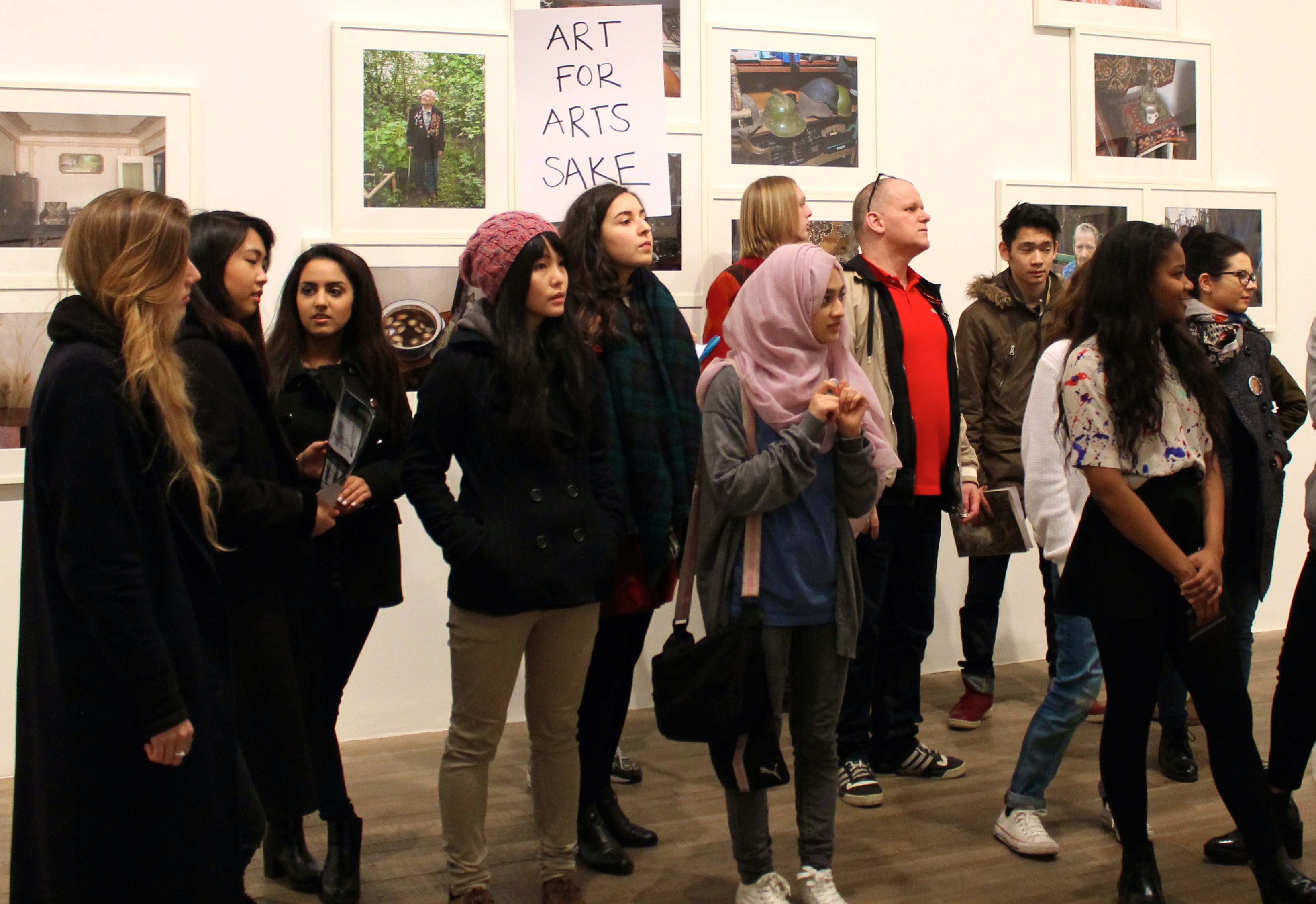
Above image from Hannah's live event
Main image Richard Mosse, "Platon," North Kivu, Eastern Congo, 2012. Digital c-print. Courtesy of the artist and Jack Shainman Gallery.
Website: www.sound-art-text.com
Twitter: https://twitter.com/SoundArtHannah
Arts Award Gold blog: http://cargocollective.com/image-type-text

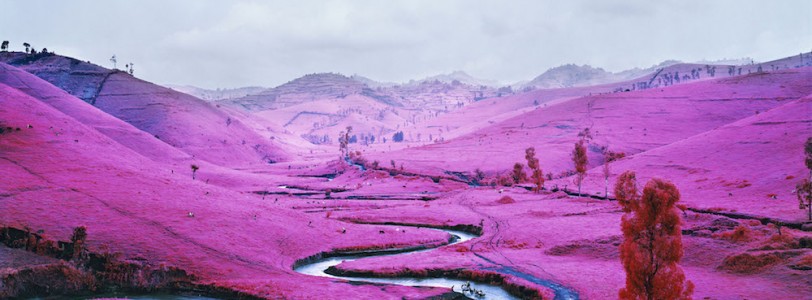

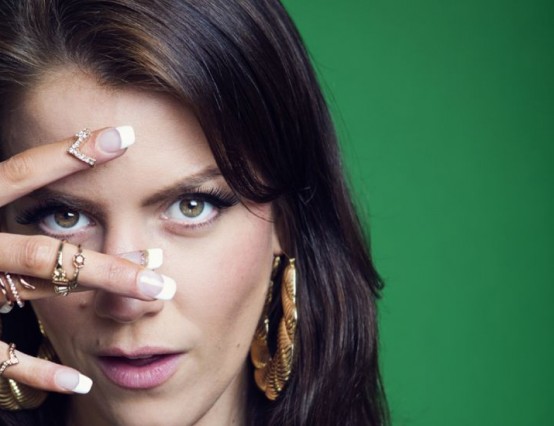
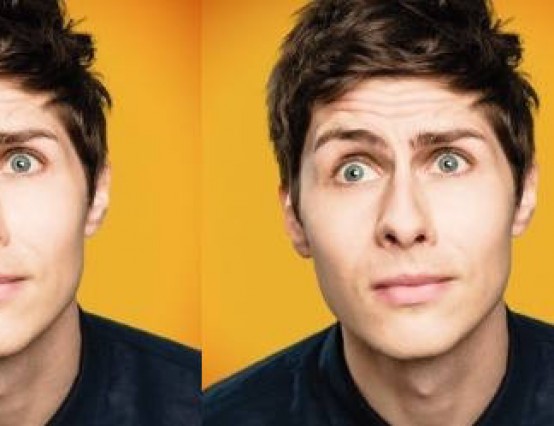
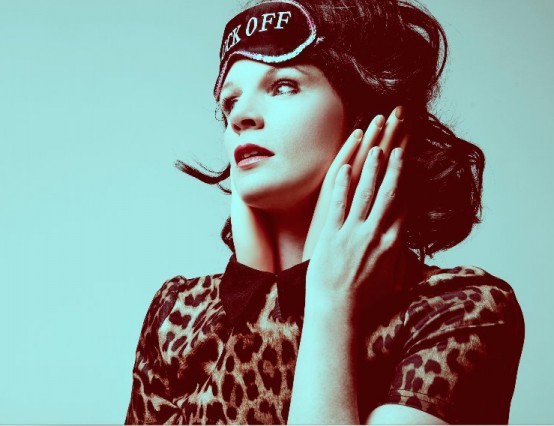


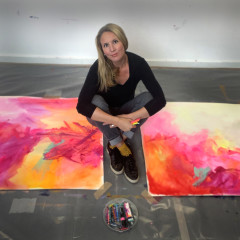
0 Comments